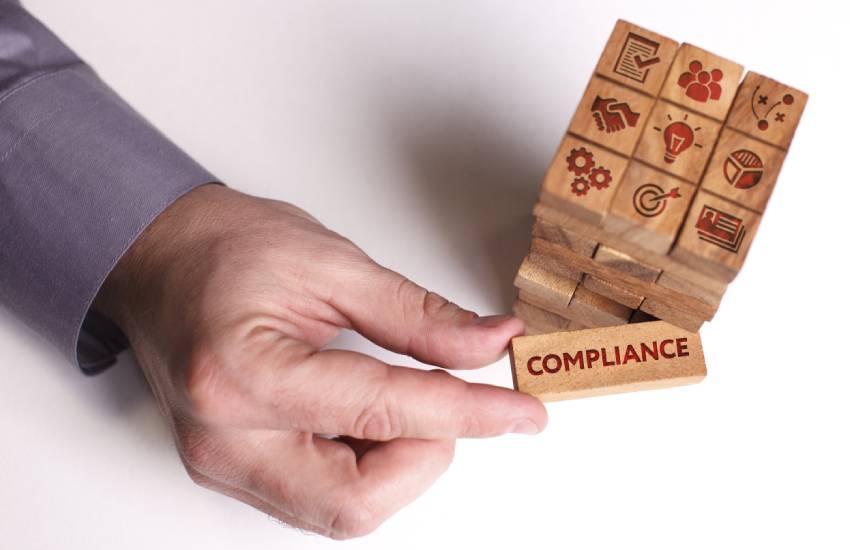Top 10 tips to SMSF Compliance
Promoted by ASF Audits.
It’s frustrating when SMSF audits aren’t finalised in a timely and fuss-free manner. Chasing up documents adds precious time to the audit for both the accountant and auditor, resulting in unnecessary and costly delays.
Trying to find paperwork for an SMSF audit that’s completed almost a year after balance date means that documentation requests continue to represent the largest number of queries raised during an audit. SMSF auditors live by the motto that if there’s no documentation, it doesn’t exist.
Here are our top 10 tips to help reduce the time taken to finalise audits and keep your SMSFs compliant.
- Contributions Ensure that all contributions are received into the fund’s bank account before midnight 30 June 2019. Otherwise, the contribution cannot be received by the fund during 2019 or, where received on or after 3 June, also counted as a reserve to be allocated in the 2020 financial year.
- Minimum Pension The minimum pension must be taken to avoid a pension shortfall, otherwise exempt current pension income cannot be claimed for the year. Where the shortfall is less than 1/12 of the minimum pension amount, the trustee can self-assess and a catch-up payment can be made in the following year. Note that this exemption is a one-off payment allowed at the fund level only (not per member)
- Expired related party lease agreements If the lessee has the option to renew the lease agreement, best practice is to provide a minute/letter stating that the option has been taken up. If there’s no option to renew, a newly signed lease agreement must be provided.
- Property rental valuation for related parties. Make sure that a rental valuation is included in the property valuation report, confirming that the rent received from the related party is at arm’s length.
- Related party property information. Whether the property is held by a related party or directly by the fund, the checks and verifications are the same. Provide all related party property information as per the SMSF property audit checklist.
- Current Year Signed Documents The trustees are required to sign the current year’s financial statements, trustee representation letter, terms of engagement letter (if applicable for that year) and annual minutes. The audit report cannot be finalised and issued without these signed documents.
- Takeover Documents Provide your new SMSF auditor with the fund’s statutory documents, signed financials, audit report and management letter for the previous year (and yes, we know this isn’t always easy!)
- Sundry Debtors Provide an explanation or workpaper if it relates to a compliance breach and provide all supporting evidence where the outstanding amount has been paid back during the next financial year.
- Insurance Ensure the policy explicitly states that the fund is the policy owner; the names of the insured members; the insurance type and the level of cover
- Work test declaration Where the member makes a contribution over the age of 65 they are required to provide a signed work test declaration stating they have worked a minimum of 40 hours over a 30-day period
It’s easy to lose sight of attending to the finer details of fund documentation, but a lot simpler to take the time to get it right the first time and avoid a breach altogether.
Remember, too, that getting help in rectifying a reportable contravention from the outset will make all the difference when the ATO is reviewing fund compliance.
In the long run, being guided safely through the myriad of SMSF rules and regulations by an independent, highly experienced SMSF audit specialist firm means that the future retirement income of your SMSF client remains safe and secure.
Find out how easy it is to get your SMSF audits done in One Click.








